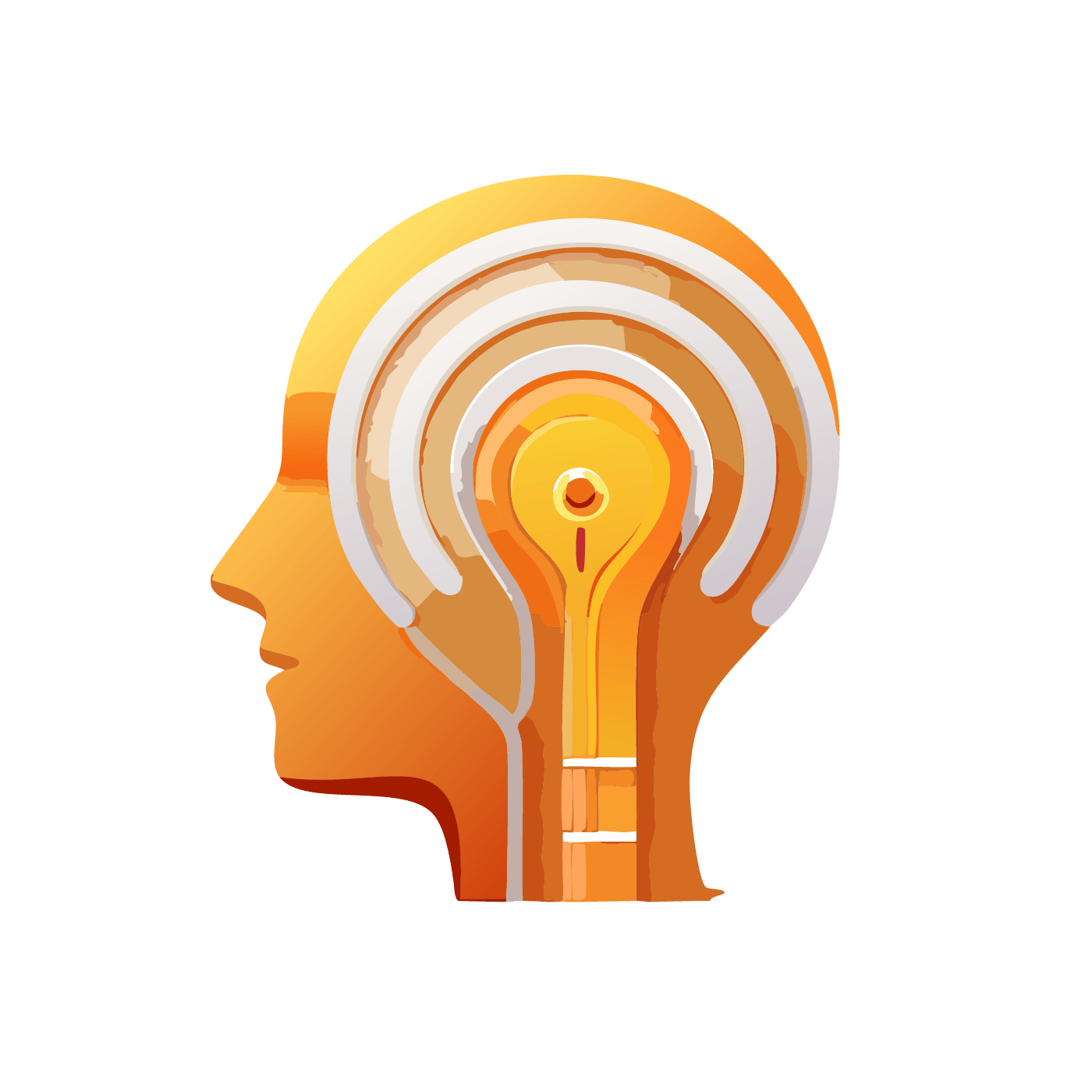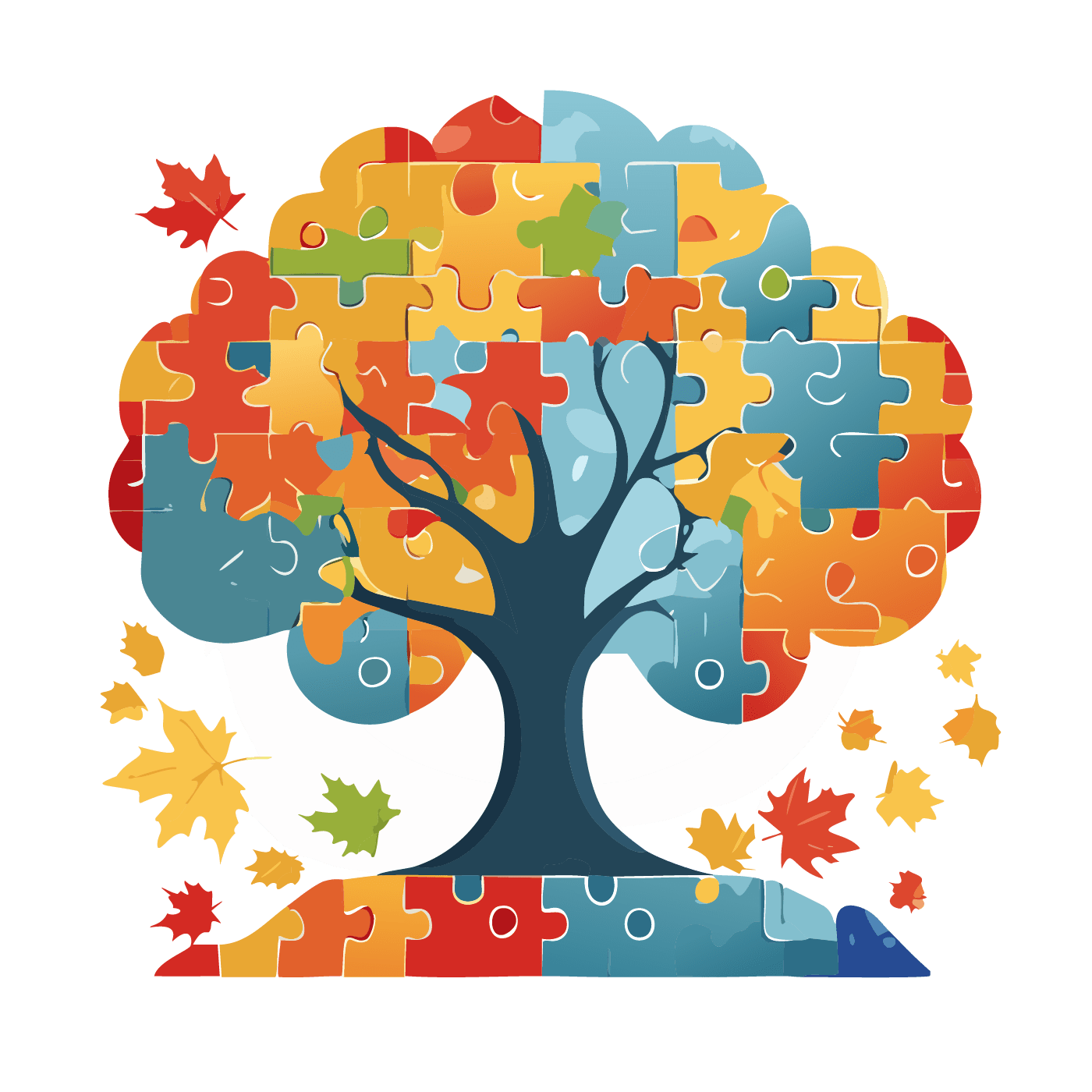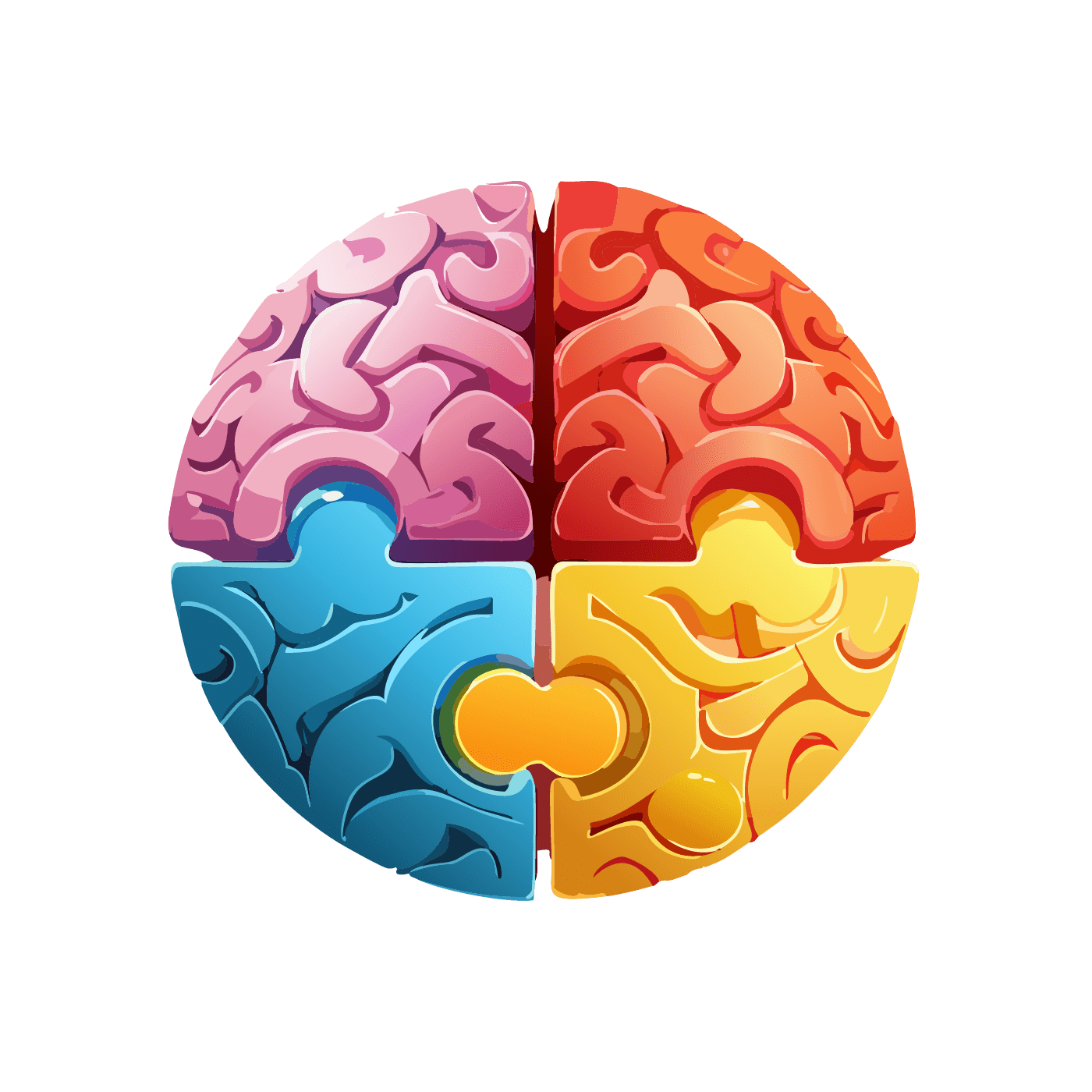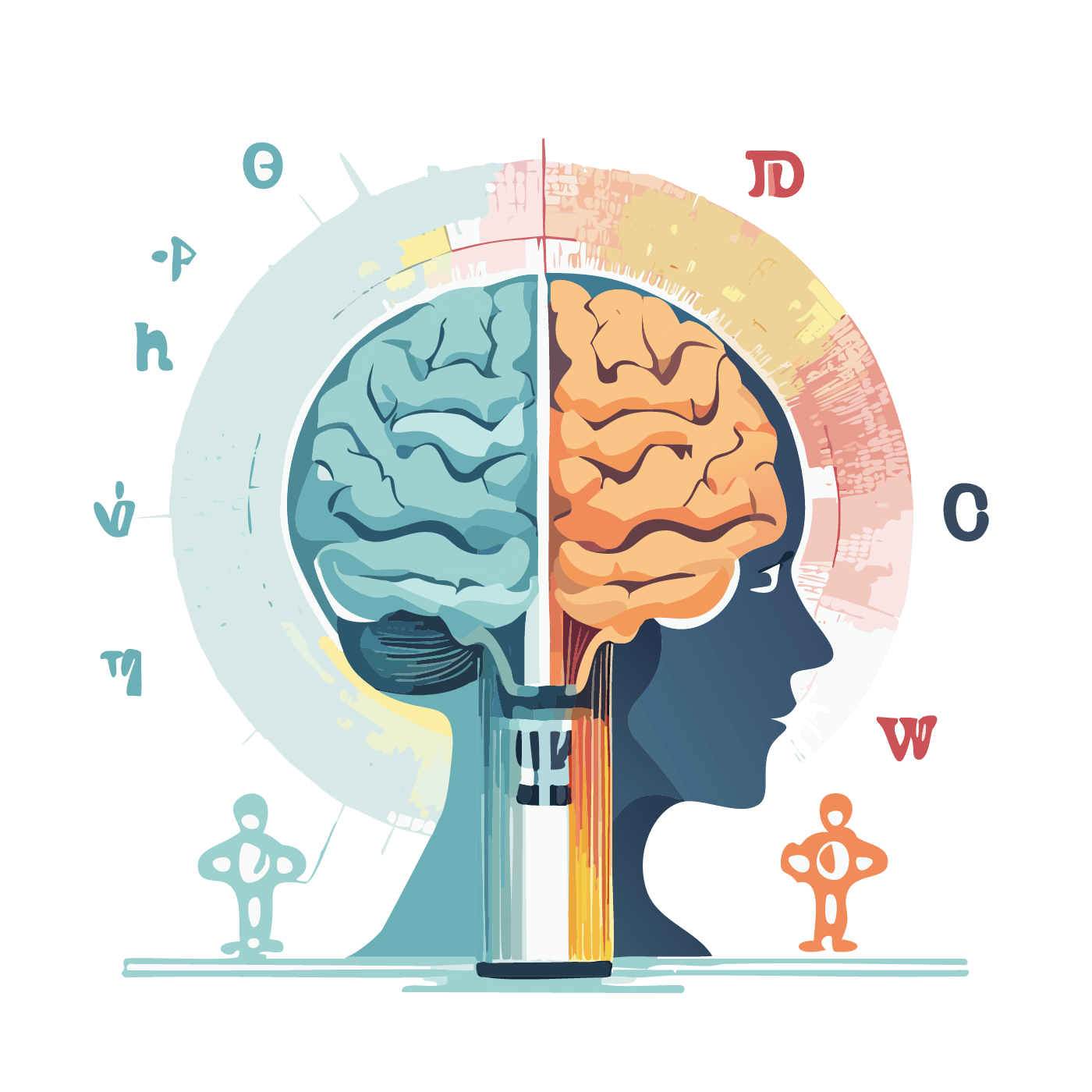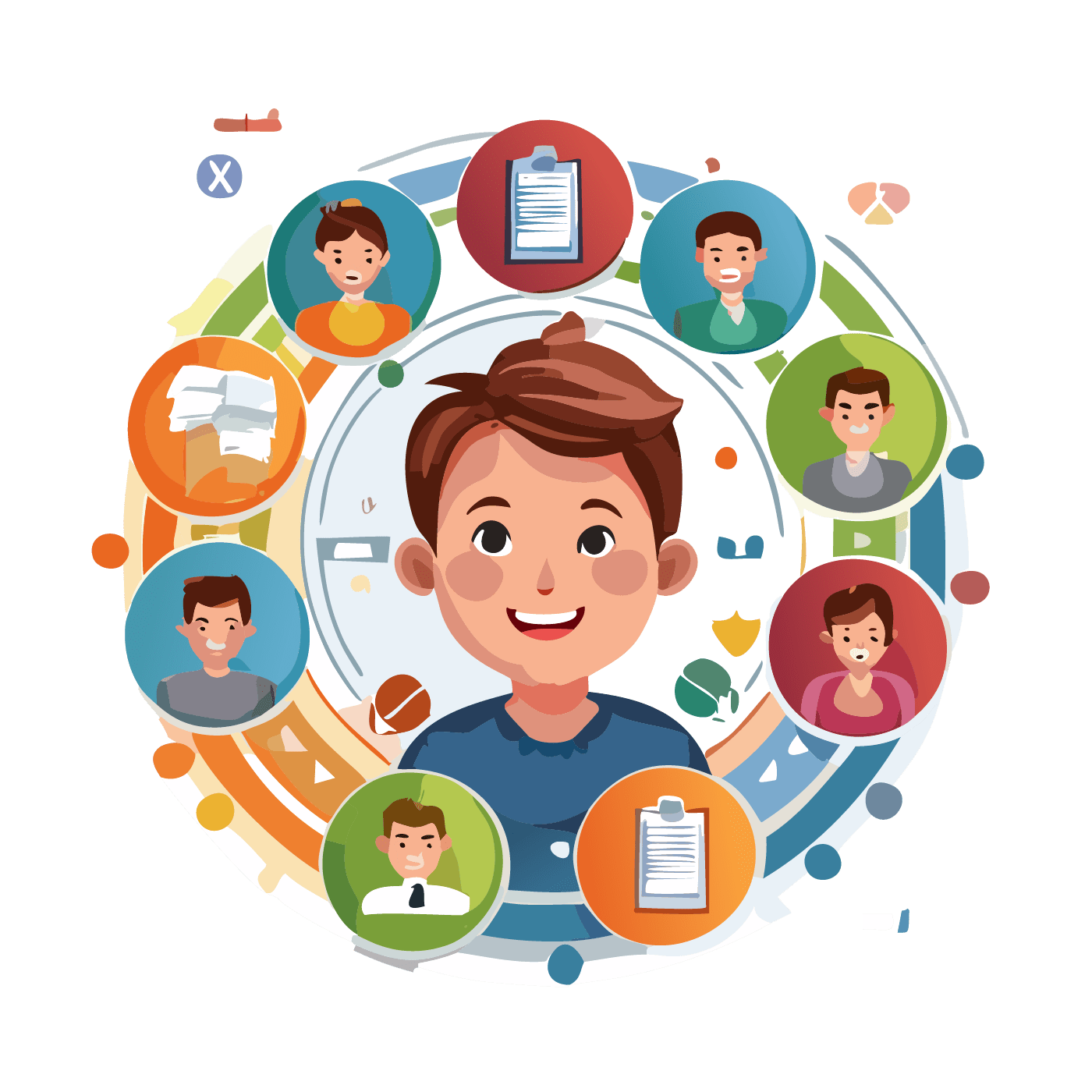Frequently Asked Questions
Find quick answers about our programs, curriculum, and enrollment to help you make informed decisions. Whether you’re new to homeschooling or seeking extra support, we’re here to guide you every step of the way.
What is Homeschooling? Homeschooling is a parent-directed educational path. Families who homeschool have the legal right and responsibility to design or choose their curriculum, set schedules, and tailor learning to fit their child’s needs. Homeschooling offers greater flexibility, creativity, and personalization. (See article, “How Schooling at Home isn’t the Same as Homeschooling.”)
Legal Requirements
How do I legally start homeschooling? What paperwork or notification do I need to submit to my school district or state? Homeschooling is legal in all 50 U.S. states; however, each state has its specific notification and record-keeping requirements. (See article, Homeschooling in Texas, and How to Research Homeschool Laws in Your State.)
Texas is a Low Regulation State
- Considered a private school.
- Exempt from the compulsory attendance.
- Does not regulate the number of days.
- Must include the five basic subjects of reading, spelling, grammar, mathematics, and good citizenship.
- Provide bona fide instruction.
- Must be in visual form with materials.
What subjects and attendance requirements are in place? The specifics vary: many states require instruction in core subjects and a set number of days or hours, but the details depend on local law.
In Texas, your curriculum must include the five basic subjects of reading, spelling, grammar, mathematics, and good citizenship. It is also required to:
- Provide bona fide instruction. (i.e., “sincerely; without intention to deceive; authentic.” ).
- Must be in visual form with materials, such as textbooks, workbooks, or online programs.
You can choose and adapt the educational materials and methods that best suit your children’s needs.
Do I need a teaching credential or special certification? Some states require a high school diploma or a basic teaching certificate for parents or tutors; others have no qualification requirements. Texas does not have a credential or registration requirement.
How long do I need to report homeschooling? Until what age or grade must I file intent and assessments? Most states require notice to start around age 5–7 and continue until the mid-teens or 18, but the exact ages vary. There are no reporting requirements in Texas.


What if we move to a new state? Do we need to renotify or follow different rules? If you move to a new state, you’ll need to press the reset button on your homeschooling paperwork—because each state plays by its own rules. Some require advance notice before you start teaching, others want you to file specific forms once you’ve arrived, and a few don’t require formal notification at all.
The key is to check the new state’s homeschooling laws before you move (or as soon as you unpack the coffee maker) so you can avoid any gaps in compliance. Think of it like changing the settings on your phone when you switch time zones—you want everything to stay in sync so your homeschooling stays smooth and stress-free.
Know What You Want to Accomplish
- Stay focused on what matters most for your family.
- Choose the right curriculum and learning resources.
- Track progress in ways that reflect your values, not just standardized benchmarks.
- You can adjust your approach when things aren’t working as expected.
Curriculum Choices
How do I choose a curriculum? With so many options (pre-packaged kits, textbooks, online programs, unit studies), how do I find a good fit? There are hundreds of curricula to choose from. Focusing on your curriculum choices that best fit your child’s learning style and interests typically works best.
Once you have followed the steps in our “Getting Started” pages, review our articles on determining your child’s specific learning style on our Individualized Education page. You can also research curriculum options under our Parent Resources page.
Can I use online or virtual classes? Are accredited online schools or courses an option? Yes! In Texas, you have full freedom to use online or virtual classes, and accredited online schools or courses are definitely an option if that’s what works best for your family. Since Texas allows you to choose your own curriculum—as long as it’s a legitimate one—you can mix and match delivery methods to create the perfect blend for your student.
Do I need to use an accredited curriculum? No, you don’t need to use an accredited curriculum for homeschooling—mainly because curriculum itself isn’t accredited. That’s where a lot of the confusion comes in.
Accreditation applies to schools, not the books, programs, or lesson plans they use. An accredited school has to follow a specific structure and meet certain standards to keep that status. As a homeschooler, you’re free to choose any legitimate curriculum that fits your child’s needs, whether it’s from an accredited school, a popular publisher, or something you’ve pieced together yourself. Think of it this way—accreditation is about the school’s “seal of approval,” not the ingredients in the learning recipe.


What will homeschooling materials cost, and where can I find ways to save money? The costs of homeschooling materials vary widely, with some estimates suggesting a yearly price of around $300 to $500 per student. Many families lower their costs by using libraries, attending used book sales, utilizing free online resources, and participating in community co-ops.
The Texas Education Freedom Act, signed into law in April 2025, introduces Education Savings Accounts (ESAs) that provide public funds for private schooling and homeschooling expenses. Families who choose to homeschool can receive a flat $2,000 per student annually to cover approved educational expenses such as curriculum materials, tutoring, and testing. Participation in the ESA program is voluntary. However, families opting in must use funds with pre-approved vendors and administer an annual nationally norm-referenced test to their children.
Learning Disorders and Disabilities
Use the arrows to navigate through the different learning disabilities and disorders. Select "Learn More" to view information, tips, and suggestions for educating your children.
Benefits for Joining a Co-Op
- Regular interaction with peers.
- Practice teamwork, communication, and collaboration.
- Group activities, such as field trips, clubs, and events.
- Leadership and/or monitoring opportunities.
- Potential long-term friendships and networking.
- Offers for presentations, science fairs, or performances.
Socialization
How will my child make friends? Will they have enough peer interaction? Many families are concerned about providing their children with connections to their peers. Often, they join park days, co-ops, sports teams, youth-related groups, and other activities to facilitate these connections.
Is online or social media interaction enough? Today, children often make friends online through gaming and social networks. These virtual interactions help develop social skills and are likely balanced with in-person activities.
Should we join a homeschool co-op or group? Many families do, as homeschool co-ops offer group classes, field trips, and playdates that help children meet peers and learn cooperatively.
Can my homeschooler participate in public school teams or join music and band programs? In many areas, the answer is yes.
Many states permit homeschoolers to enter public school sports, bands, theater programs, or clubs. Homeschool families commonly participate in community sports leagues or school activities, just like other students. In Texas, participation in UIL and sports teams is dependent upon the local school district.

Assessment is more than a test—it’s a tool!
- Evaluate your child’s progress and mastery.
- Identify gaps in understanding or areas of struggle.
- Adjust your teaching methods or curriculum.
- Provide encouragement and accountability to both student and teacher.
Assessments and Testing
Are homeschoolers required to take standardized tests? Do I have to do annual tests or submit scores? It depends on the state. Check your specific state’s laws for details. There are no testing requirements in Texas.
Do I need to make transcripts or give a diploma? For younger kids, you usually don’t. In high school, many parents prepare their transcripts and a diploma certificate. Homeschoolers commonly use college-prep classes, AP exams, or SAT/ACT scores when applying to college. Check with the institution that your child wants to attend and follow their requirements for homeschoolers.
How do I measure my child’s progress? Should I assign grades, maintain a portfolio, or issue report cards? Many use various methods. Some create a portfolio of tests, writing, and projects to help document their child’s work. Others write informal report cards or use third-party tests.
There is no requirement in Texas to measure your student’s progress; however, families involved in court matters may find this documentation necessary. Additionally, if your child is seeking to attend college, a trade school, or join the military, your documentation of grades 8 through 12 is essential. You will find this article, “A Practical Filing System for Homeschool Documentation,” helpful.


How can my high schooler take their college entrance exams? College entrance exams, such as the SAT, ACT, and CLT (Classic Learning Test), are essential tools for many students seeking admission to colleges and universities. For homeschoolers, the process may seem different, but it’s just as accessible and straightforward with the proper preparation.
You will find the article “How Homeschools Can Take College Entrance Exams” helpful.
What Can You Do to Stay Ready?
- Choose the Right Type of Schedule.
- Use a Visual Weekly Calendar.
- Digital Calendar Tools are Helpful.
- Plan Weekly, Adjust Daily.
- Build in Buffer and Flex Time
- Anchor the Day with Routines.
- Use Themes or Focus Days.
- Keep Track for Records.
- Reassess Monthly.
Daily Schedules
What does a typical homeschool day look like? How many hours should we allocate for studying? It varies depending on the parents’ circumstances and schedules, as well as the child’s age and grade level. You will find the articles “Age Appropriate Educational Time” and “What Should Each Grade Level Learn? A Grade-by-Grade Guide” helpful.
What will homeschooling materials cost, and where can I save money? The costs of homeschooling materials vary widely, with some estimates suggesting a yearly price of around $300 to $500 per student. Many families lower their costs by using libraries, used book sales, free online resources, and community co-ops.
How long is the homeschool year, and should we follow a 180-day public school calendar? Many homeschoolers follow a 36-week instructional schedule, similar to public schools, but they often eliminate busywork and maintain flexibility. You can choose any 36 weeks (e.g., starting in August or November) and build in additional vacation or break days. Texas does not have a compulsory attendance requirement for homeschoolers.
Can we be flexible with the schedule? You can set your start times, take vacations at any time, or even homeschool year-round in shorter sessions. For example, one approach is to select a start date, count out the weeks of curriculum, and adjust accordingly around holidays and sick days.
You will find the article “Scheduling and Calendar Tips That Actually Work” helpful.


How do we handle multiple children? Many families teach siblings together for specific subjects, such as reading or history, while handling other lessons individually. Common strategies include rotating turns at the table and using online programs for independent work. The article “Homeschooling Multiple Children” will help.
What daily routines are “required”? No, homeschooling is very relaxed about routines. However, families educating children with learning challenges or disabilities find a structured routine with frequent breaks essential to their homeschooling success.
The important part of homeschooling is that learning happens, not that it is structured like public school. We recommend deschooling.
How do working parents balance homeschooling with their work commitments? Balancing homeschooling and working simultaneously is possible, but it requires a combination of structure, flexibility, and the ability to prioritize what matters most to your family and work.
The article, “Balancing Homeschooling and Working,” will be helpful.





